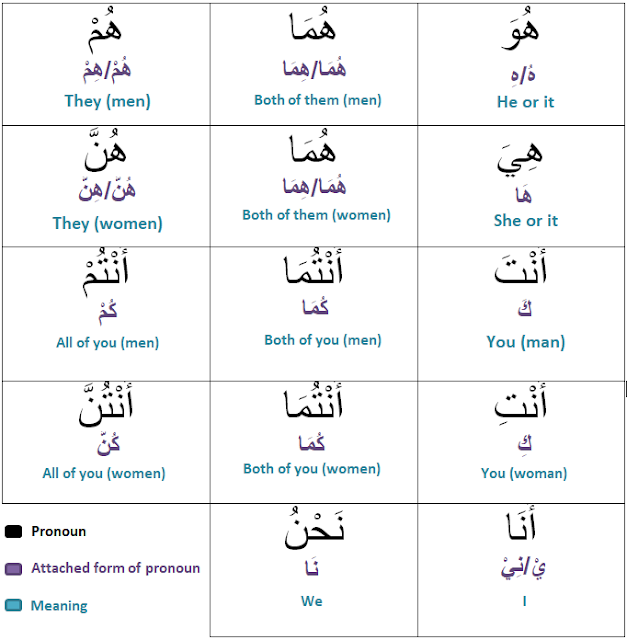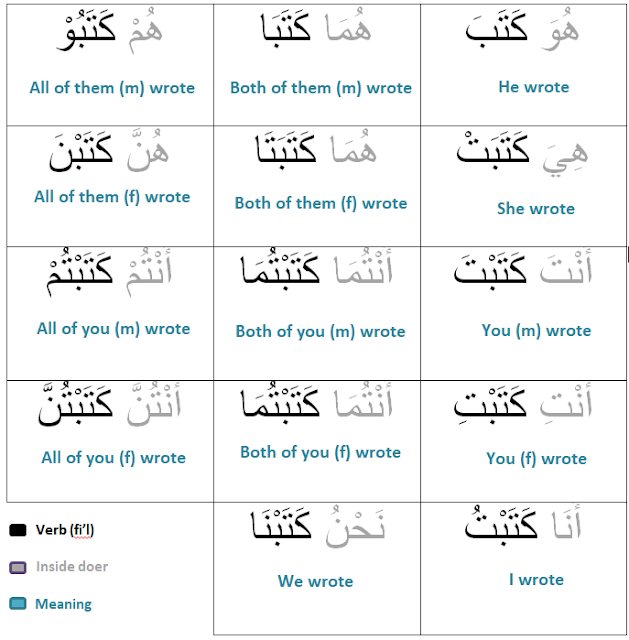Where grammar comes to life: mudhaaf-mudhaaf ilaihi + pronouns
Where
grammar comes to life:
In Suratul
Kahf, Allah swt tells us the story of Musa (AS) and Khidhr (go over the surah
to find the details In Sha Allah). By the end of that story, Khidhr and Musa
(AS) go to a city that was not very hospitable. The people of that city refused
to give them any food though they asked for it.
As they were
walking through the city, they find a wall that was about to collapse. Without
anyone saying, Khidhr re-builds the wall so that it stays firm. Seeing this,
Musa (AS) says that he could have asked for payment for building the wall.
Because they were already in desperate need of money.
At that
point, Khidhr explains to Musa (AS) why he did what he did all along. The
fragment below is from the last explanation he gave. He tells Musa (AS) that the
wall belonged to two orphan boys. And that there was a treasure beneath the
wall. You could guess that if the wall had collapsed, the treasure would have
got stolen considering the kind of people who were there in the city.
In the
explanation, Khidhr first uses the fragment كَنْزُلَّهُمَا which means
treasure belongs to both of them. We can’t say that this is a mudhaaf-mudhaaf
ilaihi since we saw earlier nothing comes between a mudhaaf and mudhaaf ilaihi.
But here there is a لَّ in between the ism
and the attached pronoun.
Later on Khidhr says that Allah
intended the treasure to be protected so that the two orphans could take it
from the ground once they reach maturity. And right at that point, he uses the
fragment كَنْزَهُمَا (their treasure). As
you can see now it’s a mudhaaf-mudhaaf ilaihi. As though now the treasure is
inseparable from the orphans as they reached maturity in the explanation of
Khidhr. Subhaanallah! The perfection of Allah’s Word! All the more reason to
learn Arabic <3


Comments
Post a Comment